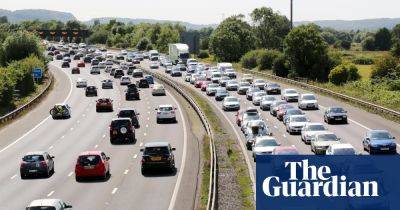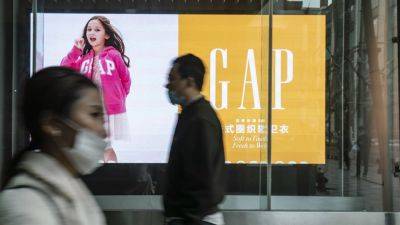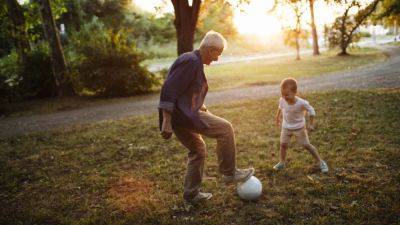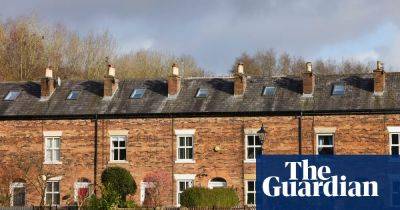A lost generation are stuck living with their parents – and Tory talk of housebuilding won’t help them
A huge social shift is happening that has barely been noticed, let alone understood. Earlier this month, the Office for National Statistics revealed data from the 2021 census about the number of adults in England and Wales living with their parents: 4.9 million of them, up nearly 15% on the figure for 2011. The fact that the stats were collected in the midst of the Covid crisis may suggest a blip, but the ONS is adamant that the rise “appears to be a continuing trend rather than a result of the pandemic”.
Ten years ago, it reported record levels of such living arrangements, and the latest numbers are even more striking. Men outnumber women by three to two. The share of 20- to 24-year-olds living in the family home is 51.2%, up from 44.5% 10 years ago, and for those aged 30 to 34, the figure is nearly 12%. Almost half of single-parent families now have adult children at home. In London, one in four households had at least one adult child in the home, and in five London boroughs, the average age of what the ONS calls “adult children living with their parents” is 26. The numbers in more rural places are often almost as remarkable: in Dorset, for example, that description applies to nearly 20% of the grownup population.
Clearly, all this highlights the cruelties of our housing crisis. Woven into the same picture is a higher education system that spits out twentysomethings already burdened with astronomical debt. The result is a kind of compulsory extended adolescence, which is now threatening to envelop even those starting their 40s, and is surely a big part of the huge downturn in younger people’s mental health. It also has big potential repercussions for an already-blighted economy, not least when it comes to people’s
Read more on theguardian.com






















